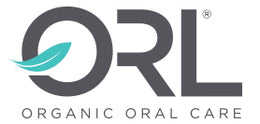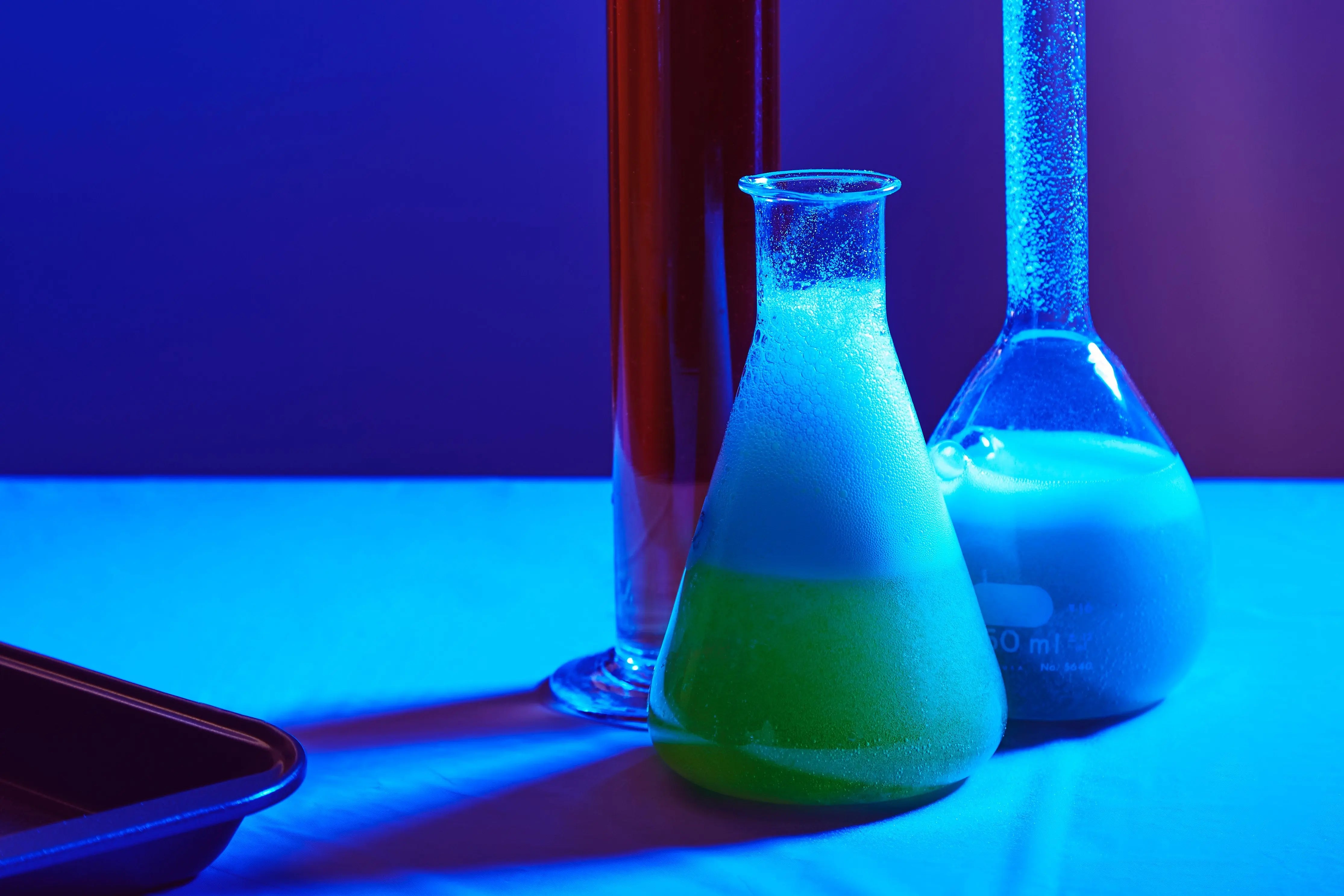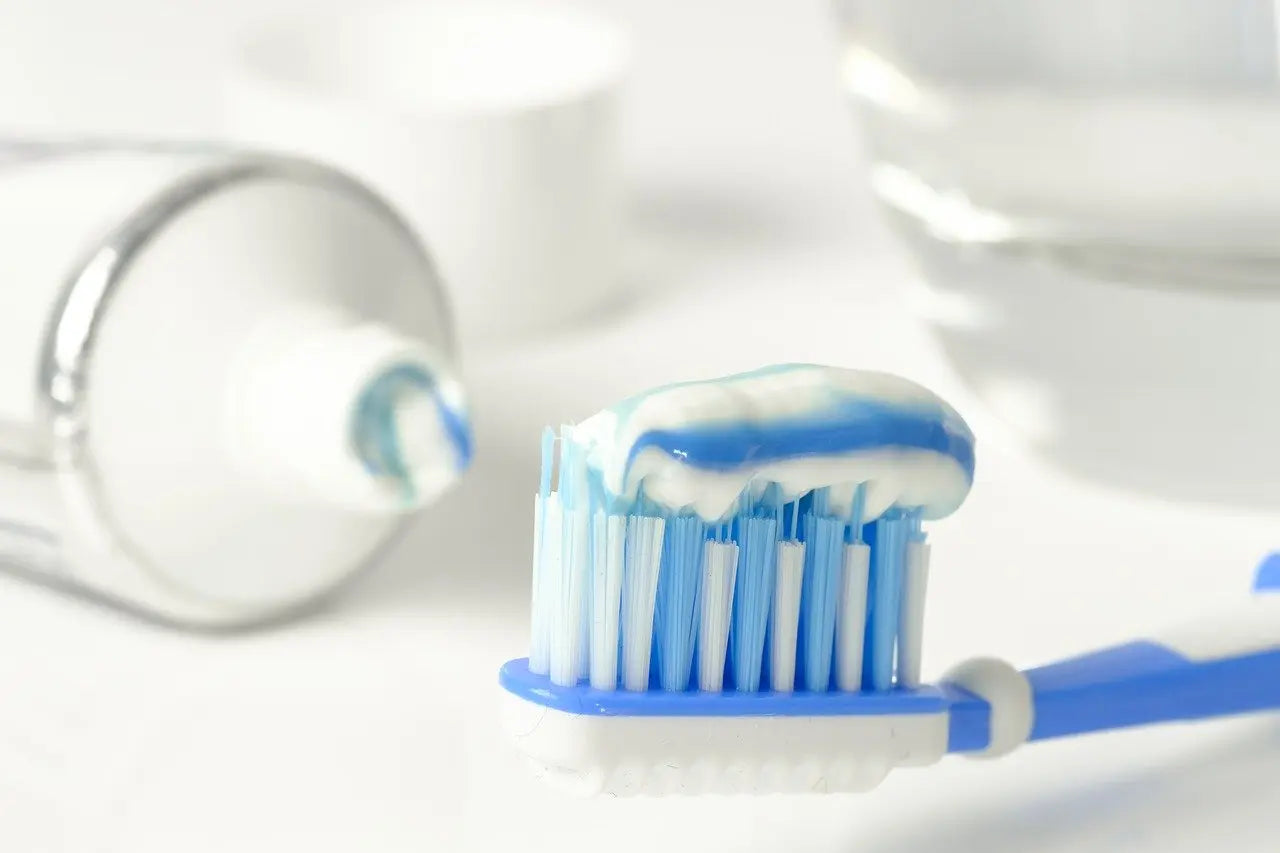Reduce. Reuse. Recycle. We’ve all heard it a million times, but if you’re like me, you may wonder how to effectively implement that saying into your lifestyle.
Well lucky for you, it is easier than you may think. We’ve put together a list of simple ways you can reduce, reuse, and recycle to help mitigate your environmental impact. The little things go a long way!
1) Recycle all plastic bottles, aluminum cans, glass, cardboard, and paper!
Ever wonder if something is recyclable, but you’re not sure so you just throw it away? When looking at plastic bottles, you can recycle bottles with a number one or two on it. Tin, aluminum, and steel cans also can be recycled. Additionally, mixed paper, newspapers, magazines, and cardboard are easily recyclable as well. Make sure to never recycle things such as pizza boxes, plastic bags, or used paper products as it can contaminate the rest of your recyclable materials when picked up. All of these recyclable products can also be reused around your house! You can use old glass jars and bottles as vases. Newspapers and cardboard are always great to have around for arts and crafts!
2) Go for Plastic-Free Personal Care
While it’s easy to avoid grabbing plastic water bottles, sometimes we forget about all the other plastic that we use in our daily life. For example, shampoo, conditioner, body wash, toothbrushes, toothpaste, and most other personal care items use plastic in their packaging. It is estimated that toothpaste and mouthwash alone contribute 1.2 million plastic bottles to landfills annually around the world. Imagine the numbers when including all personal care items! Just switching out a few of your personal care items can go a long way to help keep plastic out of landfills.
3) Use Non-Toxic Beauty Products
Non-toxic beauty products have been on the rise recently as consumers are demanding cleaner and greener products. Buying non-toxic beauty products is beneficial to both you and the planet! Organic products leave out the common chemicals found in most beauty products such as parabens and phenols. By leaving these chemicals out, they keep you healthy and ensure that these toxic ingredients don’t harm wildlife and marine life when released into the environment1. Look for a certified organic label when shopping for beauty products to know it’s non-toxic.
4) Invest in High Quality Products
High quality products usually mean they contain better ingredients, offer safe working conditions, and will last longer than other options. Choosing quality over price is typically a more sustainable choice. This is because high quality products typically waste less since they need to be replaced less often. Additionally, if a brand focuses on quality, it usually means they practice corporate social responsibility2. For example, ORL’s toothpaste is an overall high quality product. While it may be more expensive, it provides customers with double the amount of brushes that one can get out of a generic toothpaste tube due to the no-mess pump bottle. In the long run, it saves both money and resources, making it a sustainable choice!
5) Go Plant BasedAccording to the Nature Conservancy, 30% of the earth’s land mass is used for livestock pasture and the production of livestock feed. This is wreaking havoc on the environment by causing mass deforestation, compaction, and erosion from overgrazing3. Additionally, animal waste, antibiotics and hormones, fertilizers, and pesticides are polluting water around the world. Choosing plant-based alternatives is more sustainable as they use fewer natural resources and are less taxing on the environment4. This not only pertains to diet as many beauty products contain animal ingredients. ORL ensures each product is 100% plant-based in hopes of creating a more sustainable future.
Sources
- https://cmjump.com.au/2019/08/26/are-organic-skin-care-products-better-for-the-environment/
- https://www.simpleminded.life/quality-over-price-sustainable/
- https://www.downtoearth.org/articles/2018-04/12051/new-study-confirms-veggie-diets-are-more-sustainable-non-veggie-diets
- https://academic.oup.com/ajcn/article/100/suppl_1/476S/4576675



